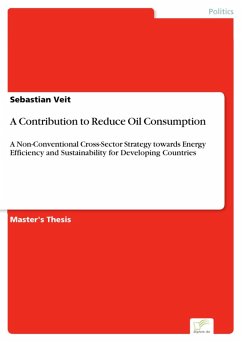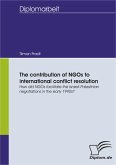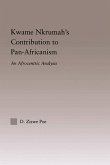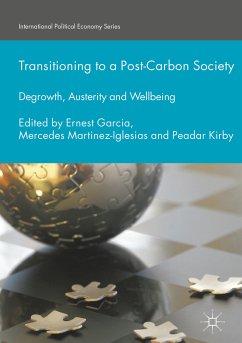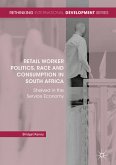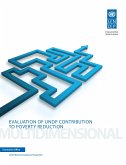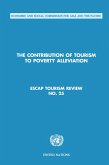Inhaltsangabe:Abstract: Unlike industrialized countries, the recent rise in oil prices has had a severe negative impact on the economies of oil importing developing countries. Conventional strategies and models to reduce oil dependence, which have been implemented in the powerful ¿northern¿ economies, are often not feasible for developing countries due to high technological costs or unsuitability. Furthermore, oil reserves will deplete and consequently world market prices will climb, rather than decline over the next decade. Therefore, I propose that cross-sector strategies have to consider socio-economic circumstances of developing countries. The strategies I suggest do not rely on conventional methods such as coal, gas, nuclear or renewable energy. My research further identifies variables on which national policies can be implemented in order to contribute to a reduction of global oil consumption. To this end, I have followed a quantitative and qualitative approach: Preliminary quantitative analysis: This demonstrates that some developing country economies are more vulnerable to oil price shocks than others. This can be measured by the ratio of the value of net oil imports to GDP. Qualitative analysis of cross-sectoral strategy: This polarizes methods applicable to industrialized countries on one hand, and solutions that work in the socio-economic circumstances of developing countries on the other. Potentials to contribute to a reduction in the oil consumption are identified in the education, agriculture, urban planning and transportation sector. In the transportation sector, data for engine idling was considered scientifically for the first time. The framework of policy analysis is used in the study to develop a general strategy to enter into a policy dialogue at the national level. Various examples are also used to this end. Baken¿s ESMAP study (2005) had concluded that in the near future there is little prospect for African countries to reduce their import dependence on oil. My research further finds that gains in fuel savings can be 10¿15 % from eco-driving campaigns, 2¿5 % from tire inflation policy, 2¿5 % from idling campaigns. Further reduction can be brought about by changes in the mode of transport (autos instead of cars) as well as increased urban ¿walkability¿. Education for private housing efficiency and boosting agricultural production in biomass and bio fuels are some other steps. The research also reveals substantial [...]
Dieser Download kann aus rechtlichen Gründen nur mit Rechnungsadresse in A, B, BG, CY, CZ, D, DK, EW, E, FIN, F, GR, HR, H, IRL, I, LT, L, LR, M, NL, PL, P, R, S, SLO, SK ausgeliefert werden.

